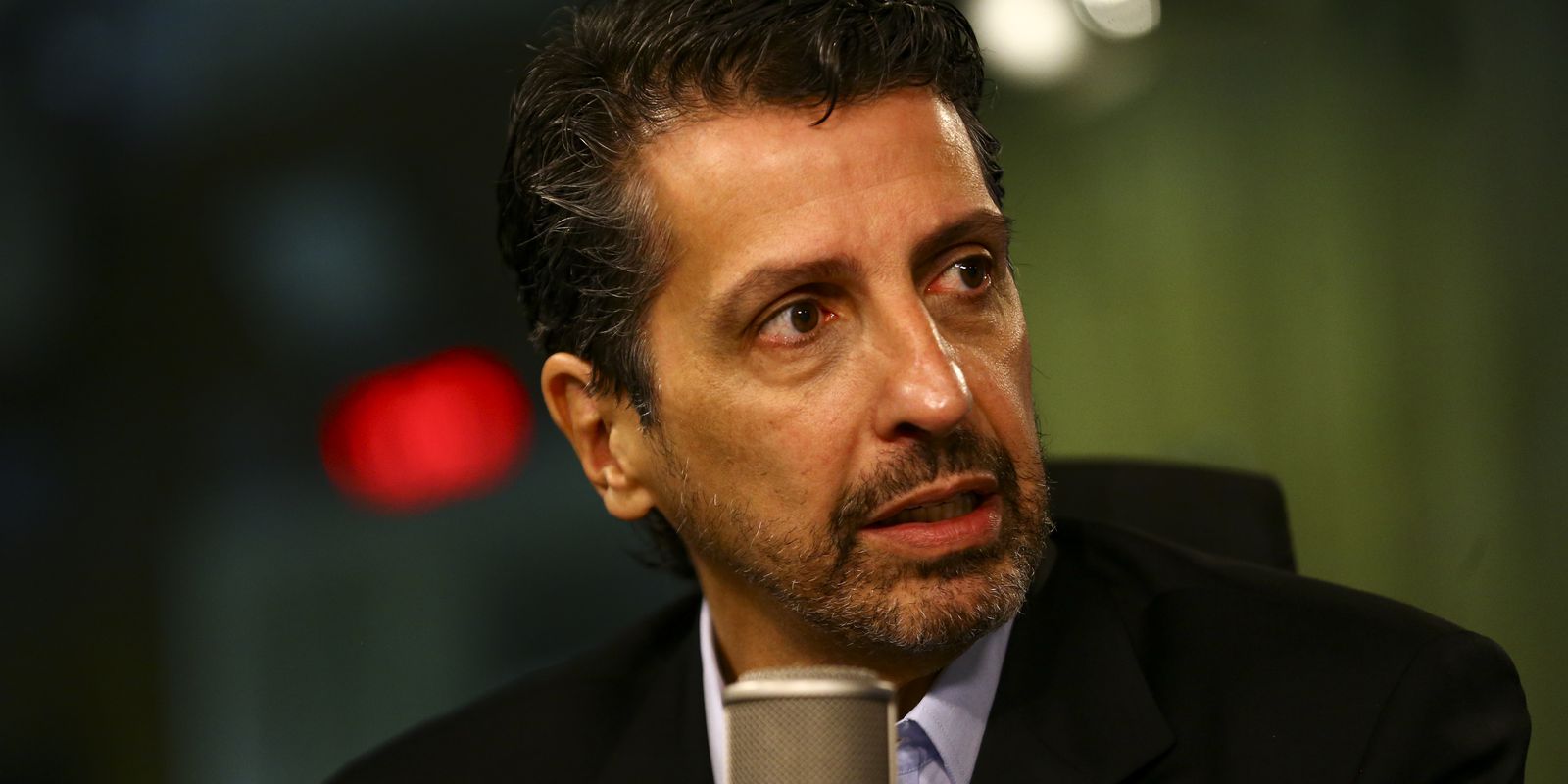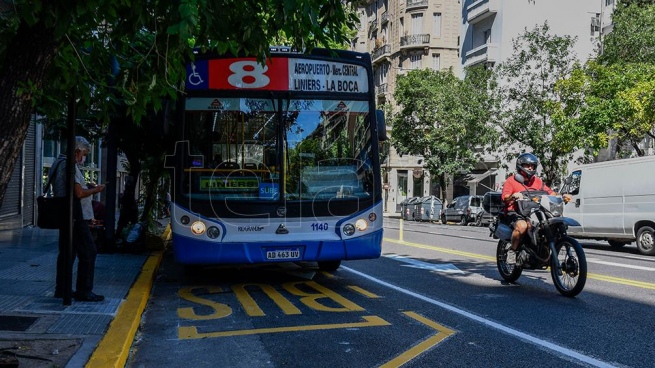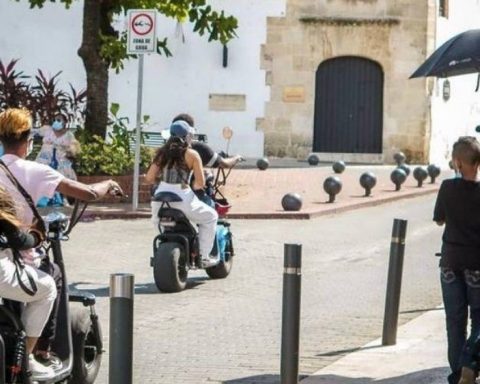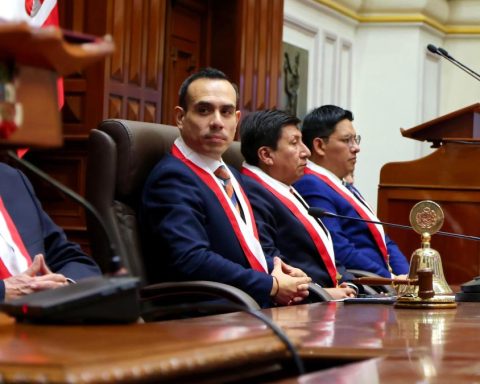The Ministry of the Environment (MMA) was responsible for managing more than BRL 767 million in 2021. The total is equivalent to 98.5% of the budget planned for the year for the ministry and its municipalities, which include the Brazilian Institute of the Environment Environment and Renewable Natural Resources (Ibama), the Chico Mendes Institute for Biodiversity Conservation (ICMBio) and the Rio de Janeiro Botanical Garden (JBRJ), according to information released today (9) by the ministry.
According to Minister Joaquim Leite, most of the value was invested in technology. “The Ministry of the Environment received a supplementary budget of R$ 270 million in July and we were able to apply this to innovation in the computer system, bringing management tools into the ministry”, he highlighted. Ibama and ICMBio were equipped with action cameras, laptopsvehicles, helicopters, boats, drones, fire trucks and other goods.
Zero Methane
The government should launch, within 30 days, the Zero Methane Program, which will stimulate the transformation of greenhouse gas into biofuel, with financial assistance from public banks. The information was disclosed by the minister Joaquim Leite, in an interview this morninga National Radio. The interview was also broadcast live on TV Brazil.
“The federal government regulated the National Solid Waste Policy in January. And now we are preparing the methane program. Brazil has the potential to generate biomethane from urban waste [aterros sanitários] and rural areas, especially poultry, swine, sugar and alcohol”, he said, in the program national reporter.
According to the minister, biofuel can replace diesel used in heavy agricultural production machines. “We have a rural pre-salt layer, with a volume of biomethane generation in rural properties and in sanitary landfills”, he pointed out.
Preservation
According to the minister, when it comes to preservation, it is I need to focus only of the trees and put it in the one who takes care of the trees. “This is the solution: pay those who take care of the forest,” he said.
“It is a national program of payments for environmental services. Will suit all biomes. All biomes have native vegetation, each with its own characteristic. All must be recognized. And those who protect must be recognized and remunerated”, he highlighted.
The proposal of the portfolio, according to the minister, is the payment for the provision of environmental services of those who preserve the environment. “We have to create the native forest farmer. The one who will be paid, well paid, for the activity of taking care of the forest”, he reinforced.
Leite recalled that, in the case of legal reserves and permanent preservation areas (APP), the Brazilian Forest Code already provides benefits for those who care for the environment. The idea is to expand this to areas of native forest, where it is possible to manage with low impact and guarantee the preservation of biodiversity.
“I don’t think this was ever explored very well during the climate conference. [COP26]. The focus has always been on the tree and little on the people who take care of the tree and who do this protection. This change in focus can bring a solution not only to Brazil, but globally, to conserve biodiversity, to protect native forests and wetlands.”
With information from the Ministry of the Environment

















